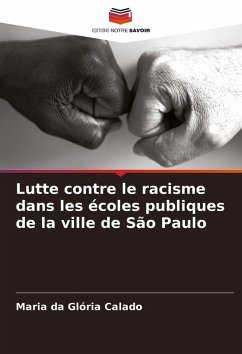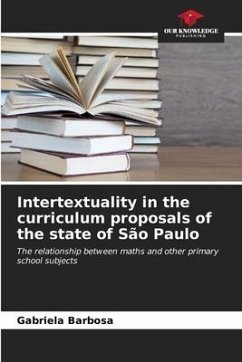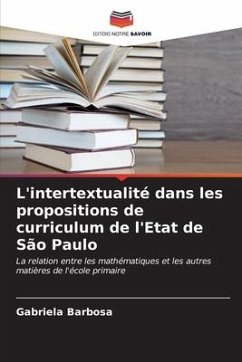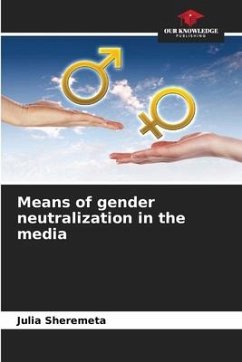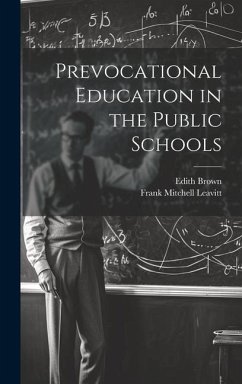
Tackling racism in public schools in the city of São Paulo
Versandkostenfrei!
Versandfertig in 6-10 Tagen
37,99 €
inkl. MwSt.

PAYBACK Punkte
19 °P sammeln!
Although the curricular intervention carried out by Law 10.639/03 can be seen as a step forward in recognising and problematising the issue of race, it is not uncommon for us to still see the denial of racism in the school environment, sometimes manifested by the silencing of education professionals in the face of manifestations of prejudice and racial discrimination. The aim of this book is to analyse teachers' accounts of the pedagogical practices awarded by the 4th edition of the Educate for Racial Equality Award, an initiative of the non-governmental organisation CEERT (Centre for the Stud...
Although the curricular intervention carried out by Law 10.639/03 can be seen as a step forward in recognising and problematising the issue of race, it is not uncommon for us to still see the denial of racism in the school environment, sometimes manifested by the silencing of education professionals in the face of manifestations of prejudice and racial discrimination. The aim of this book is to analyse teachers' accounts of the pedagogical practices awarded by the 4th edition of the Educate for Racial Equality Award, an initiative of the non-governmental organisation CEERT (Centre for the Study of Labour Relations and Inequalities) in the city of São Paulo, seeking to investigate the contributions of these practices to tackling racism in the school context. This publication emphasises that pedagogical practices aimed at anti-racist education encourage education professionals to break their silence and provide a space for students to speak out, thus contributing to the developmentof formative practices from the perspective of an egalitarian education.





